In the news this week, read McKinsey’s 5 Ways boards can help digital transformations.
Welcome to The Digital Eye, your weekly roundup of the latest technology news.
Our team of experts have scoured the internet for the most exciting and informative articles so that you can stay up-to-date on all things digital, data, blockchain, AI & analytics.
This week’s the Top Reads:
- Insurtech: How Savvy Insurance is Driving the Digitally Connected Trend
- MG Astor 1st car in India to use blockchains to manage insurance fees
- McKinsey: Much anew about “nudging”
Additional Reading:
You may also enjoy my latest article on “Why leaders need to focus on people ahead of technology to maximise benefits“.
We hope you find this information valuable and would appreciate your help in sharing it with others who may also be interested.
Insurtech: How Savvy Insurance is Driving the Digitally Connected Trend
Savvy’s platform is designed for easy integration into other top fintech industry leaders such as Truebill, Acorns and Albert.

What are AI Ethics, Principles and Governance?
👁️🗨️ Read Article
“The insurtech space has seen massive growth over the last 5 years, and with a projected 34.4% compound annual growth rate (CAGR) over the next 6 years, according to a recent report from Valuates Reports, it doesn’t show any signs of slowing down. This trend is positive not only for the startups in this space but for the end customer as well.
Savvy Insurance Solutions LLC is one insurtech name leading the charge to a more digitally integrated landscape in the insurance world. While some insurtech startups have focused on back-office innovations, personalizing policy options or combating fraud, Savvy and its parent company Trellis Technologies Inc. have taken a different approach.”
shared by @Yahoo
MG Astor 1st car in India to use blockchains to manage insurance fees
MG Motoring has partnered with blockchain firm Koinearth to record the data to create a ‘Digital Passport’

What are AI Ethics, Principles and Governance?
👁️🗨️ Read Article
“The upcoming mid-size SUV MG Astor has been most talked about for implementing level 2 autonomous technology, but perhaps a more interesting aspect of the car is in how the company is using blockchains on it. Like most connected vehicles today, the MG Astor also records information on the user’s driving prowess. MG has partnered with homegrown blockchain firm Koinearth, to record this data into something called a “Digital Passport.
For the customer, the digital passport is simply an interface on the app, which shows the data the car has recorded. However, Praphul Chandra, chief executive officer of Koinearth, explained that it is at the centre of a blockchain-based platform that connects various parties. In this case, the passport is created by MG Motors, but the data in it is owned by the user, meaning they will have to explicitly provide consent before someone else can access this data.”
shared by Mint
5 Ways boards can help digital transformations
-
Clarity implications of technology
-
Ensure digital transformation is changing how value is created
-
Track benefits
-
Develop digital talent
-
Understand emerging threats

What are AI Ethics, Principles and Governance?
👁️🗨️ Read Article
“Boards can add value to their business’s digital transformation in five specific areas.
Few board directors would dispute the importance of digital and how it’s fundamentally reshaping the competitive landscape in almost every sector. But many of those we speak to are uncertain about what their role should be in helping senior management drive the digital transformations that businesses need to execute in order to survive.
In-depth discussions with dozens of board directors has helped shed some light on where boards can add value. What is emerging is a model where the core mandate of the board is unchanged but its scope for intervention on issues such as risk and competition is expanding. We see five things boards members can do to have the greatest impact.”
shared by @McKinsey


 The DiGITAL EYE
The DiGITAL EYE